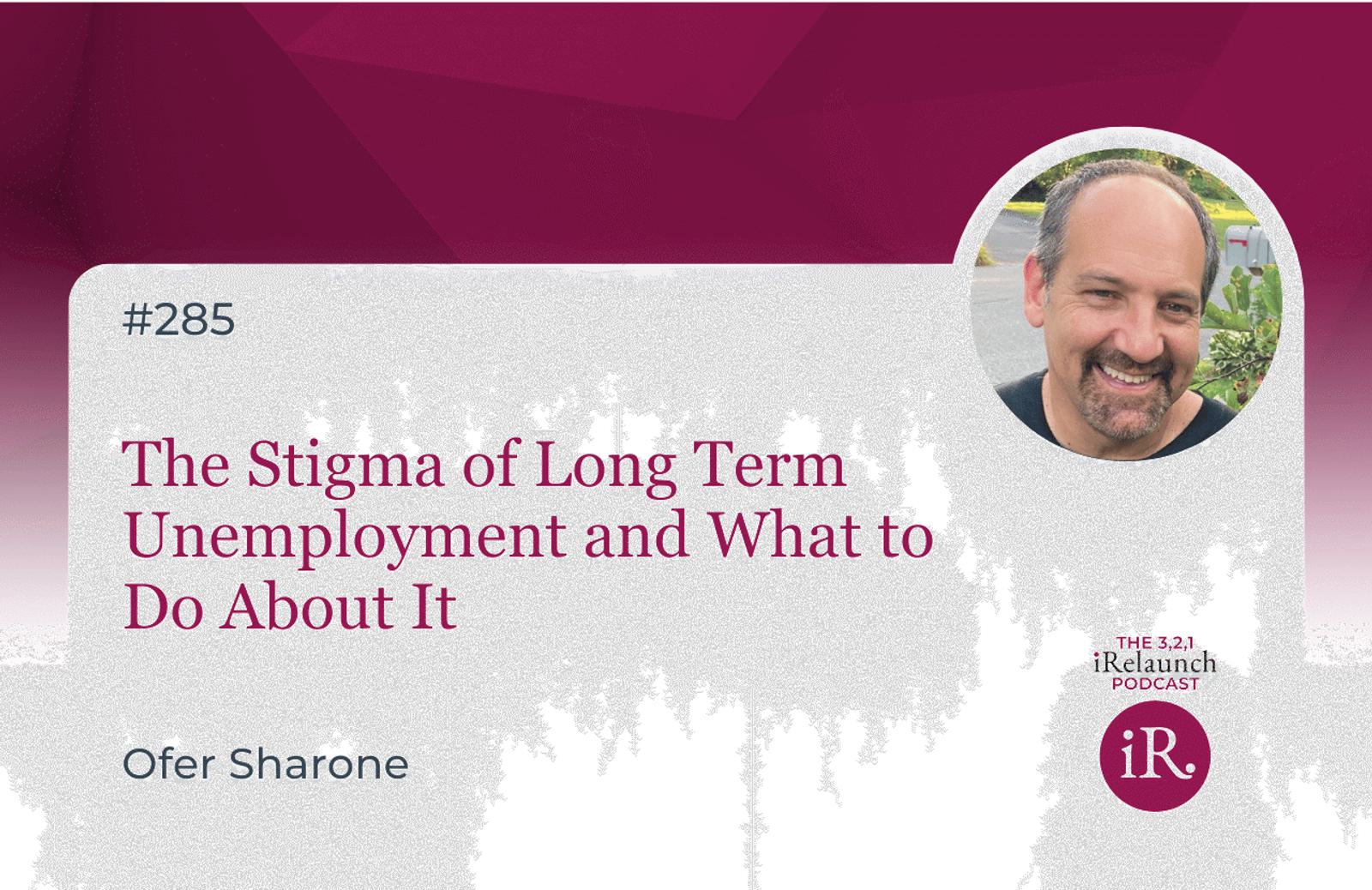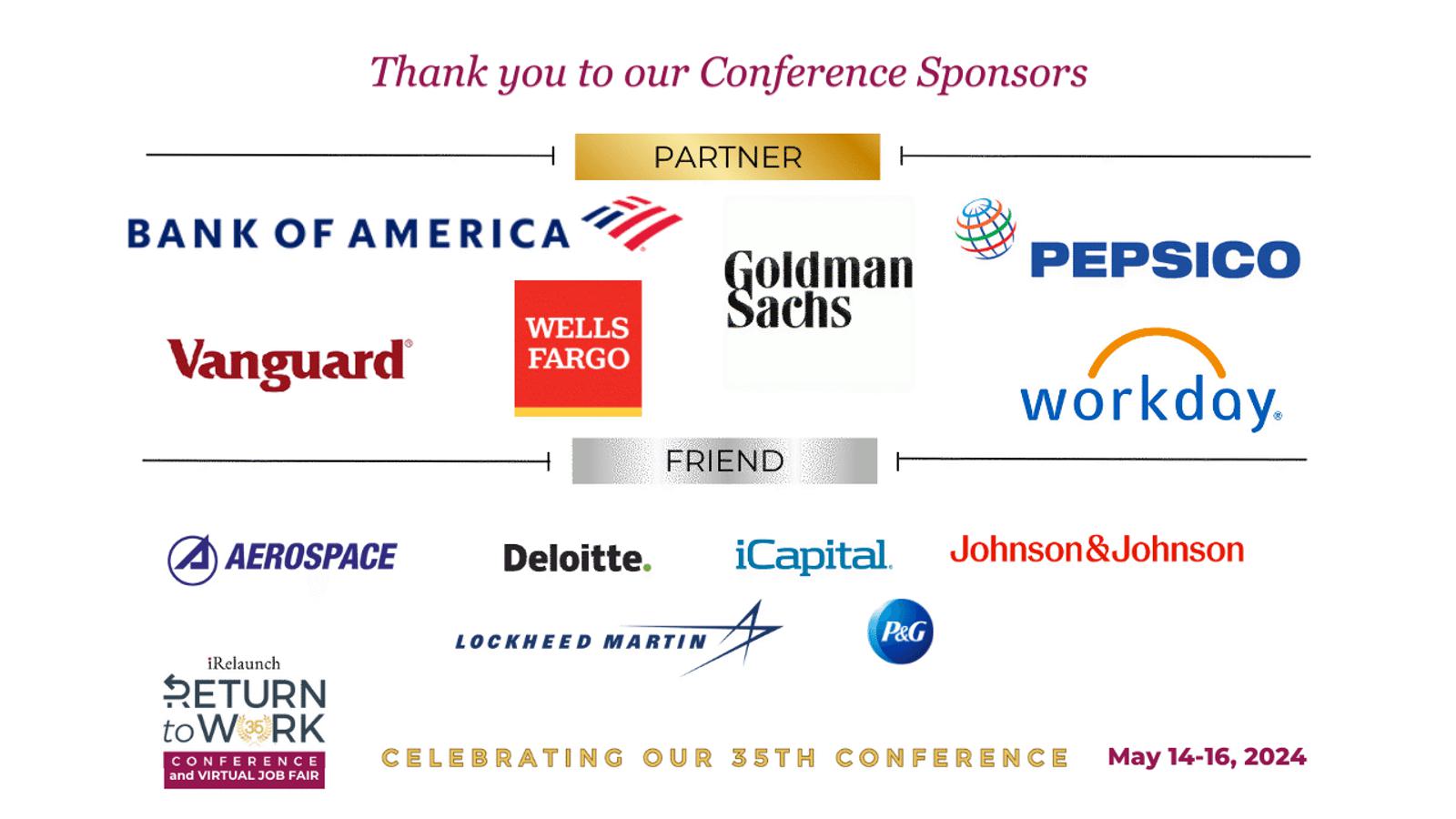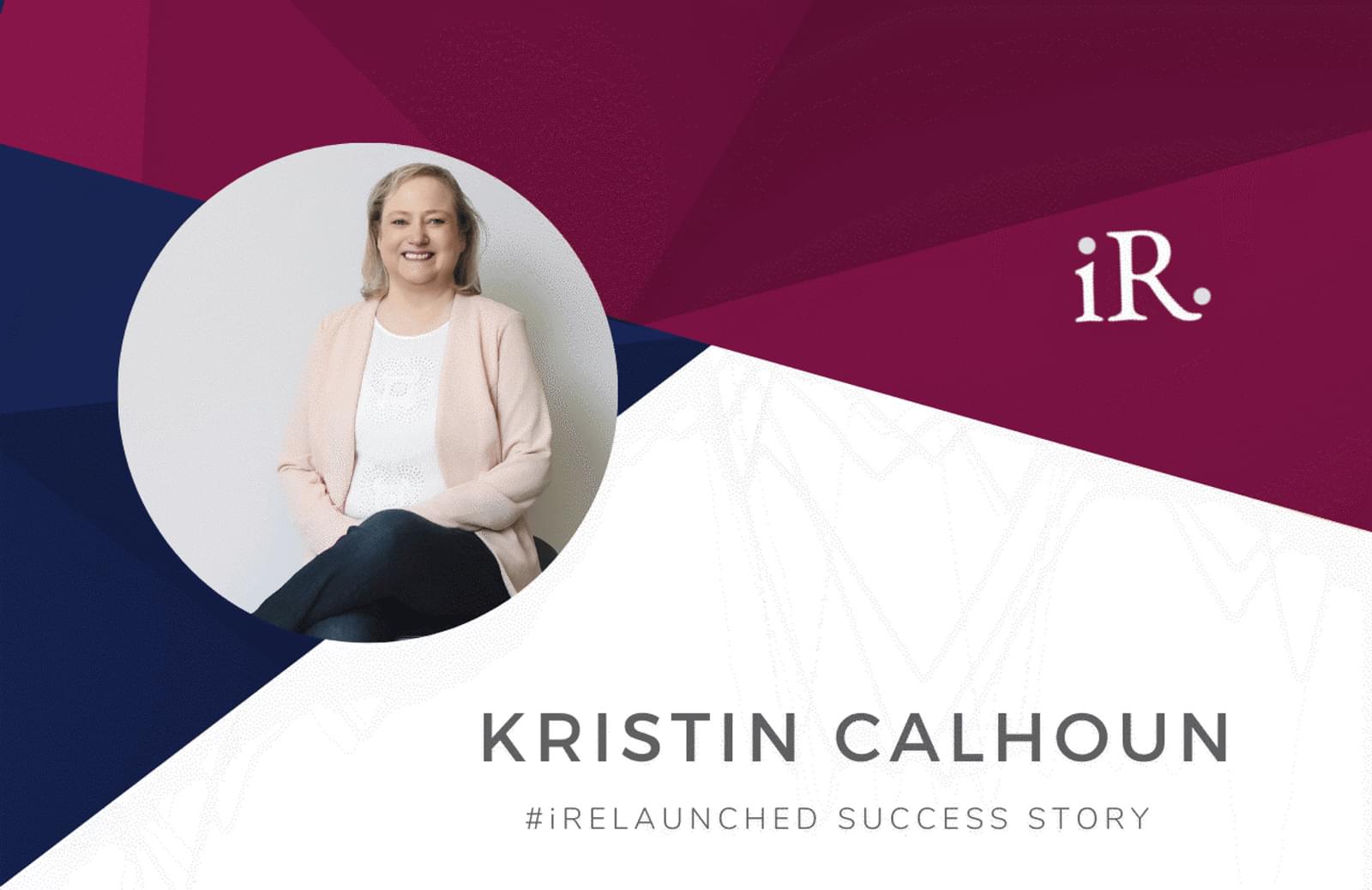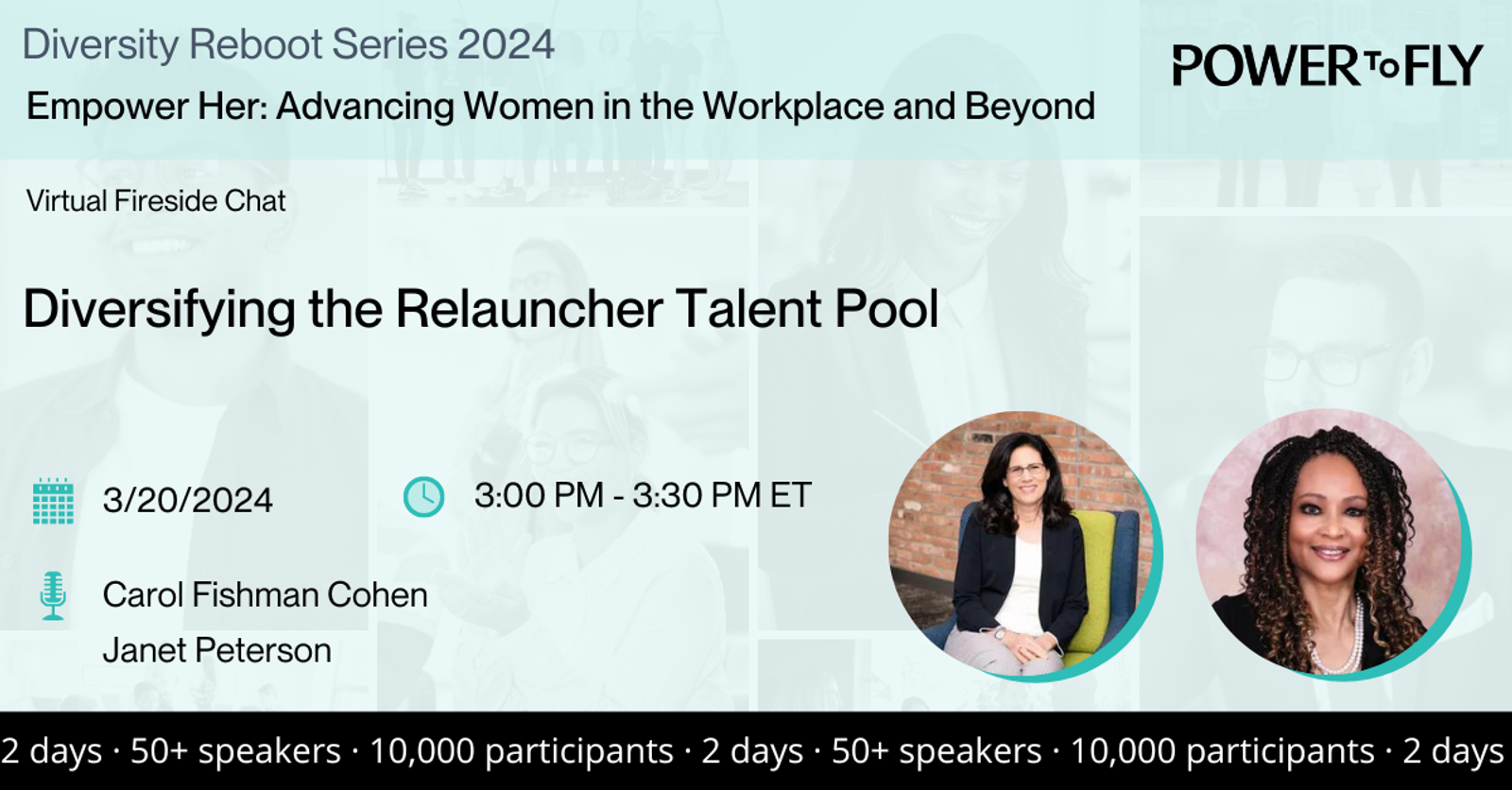When it comes to job searching, what’s more important that a
well-written resume, polished LinkedIn profile or a well-crafted cover
letter? It’s knowing your story. When job searching, people are
always curious about you. What kind of work have you done before? How
has your career progressed? What do you like to do? What do you want to
do next? Why did you leave your last job? Some of those questions are
easy to answer; others require more thought and there are probably some
don’t know the answer yourself. No matter where you are in the job
search – just getting started, ready for interviews, or somewhere in
between – you need to be able to articulate your story so that it
accurately portrays who you are and what you’re about. The following is a
list of critical story elements that will ensure a smoother job search:
Know your imperatives
What are your “must haves”? Think through what you need to accept an
offer. Is it a salary minimum, a certain set of responsibilities, a
short commute, or the ability to wear jeans in the office? Define your
non-negotiables early. Knowing what you will say “yes” to and what won’t
be attractive to you can help you determine whether or not a job is
worth pursuing.
Know your transferable skills
What strengths and talents will you leverage? Think through your
prior roles, volunteer experiences, natural instincts, etc. and
determine what skills you have. Old performance reviews are a terrific
resource for reminding you of how you perform best. Additionally, review
what you’ve done in your time off. Have you continued to refine these
skills during your career break? Be sure you can articulate that the
foundation of these skills was built while you were working, but that
you have continued to grow them while away from the workforce.
Know your goals
What are your ambitions? Of course, an immediate goal is to get a
job. However, employers want candidates who will positively impact their
organization in the long term. Establish post-job search goals (Yes -
one day the job search will end!). These goals will actually influence
how you conduct your search – you’ll focus on career development vs the
next job. It’s beneficial to consider what you want for the role after
this one and the one after that. Perhaps the company with the strong
training program and a history of giving employees stretch opportunities
is the one you really want to target. It may require greater effort,
yet you’ll be more committed to staying.
Know your challenges
What are the red flags of your candidacy? Be ready to address what
gives hiring managers concern. A long career break leads to concerns
about up-to-date skills and/or a commitment to working. Take classes
(online or in person) to show you can handle the technical aspects of a
role. Look for opportunities for freelance work or ad hoc projects to
show you can handle the logistics of returning to the work force. No
experience in the field you want to enter? Subscribe to journals, follow
opinion leaders and monitor industry happenings to highlight your
dedication to this next-career step.
Know your reason
What is your motivation for returning to work? Job searching is
filled with disappointments, and it can be difficult to remain energetic
and enthusiastic. So, when you feel like you can’t write another cover
letter or have another coffee chat remind yourself why you want to
work. Stepping back and focusing on the reasons for your efforts can
help you do what needs to get done to achieve your return-to-work goals.
Know how you got here
What’s your origin story? Employers expect to assess candidates whose
career progress is a straight line from point A to point B to open
position. When your candidacy differs from expectations, you have to
articulate why you chose a different path and how that difference is
unimportant. To do so, you must be able to discuss your choices without
apology. Instead of “I’ve been out of the workforce for a while, but I’m
confident that I can get up to speed,” try something like, “After a
fast-track engineering career, I took time off to raise a family. During
that time, I honed and developed my soft skills, particularly
leadership and persuasive communication via a variety of volunteer
roles. I’m excited to bring together my technical skills and my
more-recently honed soft skills in this new role.” Although, you may
not be the candidate the employer envisioned, they’d be delighted to
talk further with you.





